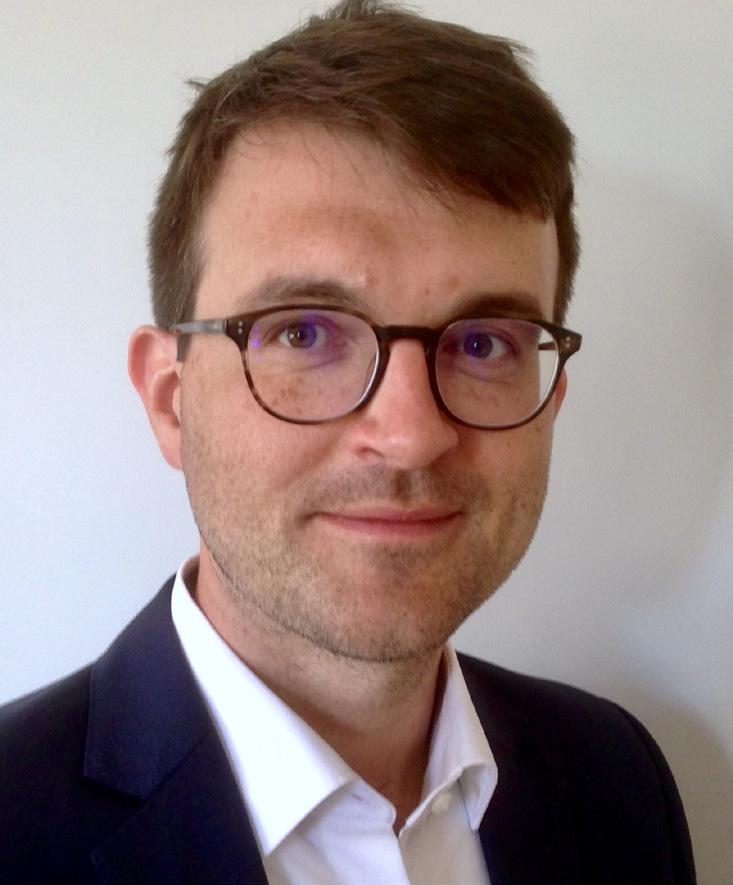
3 minute read
Three bottom-up snapshots

Supporting one another
Advertisement
Sabina is a practitioner accompanying underage refugees who have ended up in Sweden. Through her work, these young people are becoming a part of their local community. They go to school, make friends, play on local sports teams, hold down part-time jobs, and imagine their future in this new place. But as they reach adulthood, their legal status becomes insecure. Zahra and Sima are a case in point. These two young sisters, now fluent in Swedish and well into their studies in health care, are facing the prospect of deportation back to Afghanistan. Their return means facing the threat of forced marriage in a country rife with violence and oppression, where only 16 % of the women are literate. For many of these refugees from Afghanistan, Syria, Somalia, Eritrea and Morocco, supported by Sabina, such a fate is a death sentence. In virtually all cases, deportation is a human tragedy. Over the years Sabina has met hundreds of young and unaccompanied migrants in her city. As a social worker, Sabina’s practice is done in the context of a Lutheran congregation dedicated to the accompaniment of displaced and vulnerable
4 persons. For her, and for this supportive community, every deportation is traumatic. In facing this challenge, Sabina draws strength and encouragement from a network of practitioners associated with A World of Neighbours, who share a first-hand experience of the everyday drama of accompaniment. Along with these collegial relationships, this practitioners’ network provides practical connections to communities and institutions across Europe. Arriving in Sweden in 2015, Rohula enthusiastically embarked on a path to citizenship. In 2019 his asylum appeal was rejected and he was forced to leave. Fortunately, he had been befriended by Faiaz, chair of the Alliance of Unaccompanied Minors in Sweden, who used his contacts with A World of Neighbours to assist Rohula in reaching France. Rohula has since learned French, found employment in a restaurant, and has received his residency permit. Faiaz is eager to use these connections again, joining with Sabina in assisting unaccompanied minors in their pursuit of safety and freedom.
THREE BOTTOM-UP SNAPSHOTS

Let us give you a glimpse of how A World of Neighbours grassroots practitioners on a daily basis work with accompaniment, networking and building social cohesion. A resistance movement, guarding our humanity, fostering mutuality.
Hospitality in action
As founders of Islamista Blog—the biggest platform on Islam in Poland—Anna Wilczyńska and Karol Wilczyński have worked tirelessly as practitioners for the past seven years in building bridges between the mainstream and those on the margins, especially refugees, migrants and religious minorities. To counter the widespread perception of Polish society as monolithically closed and intolerant, they are creating a “map of hospitality”, charting the safe and open havens for diverse peoples and communities across the country. In fact, in all their work of social engagement, Anna and Karol appeal to hospitality as a traditional value deeply embedded in the hearts and minds of Poles. Recently, Islamistablog.pl aligned itself with a Europeanwide network of NGOs seeking to assist in the resettlement of 13,000 persons displaced by the fires at the Moria camp on the island of Lesbos. Using their local contacts, they convinced municipal officials of the twelve biggest cities in the country to pledge to receive families, and to get similar commitments from the mayors of thirteen other cities in Poland. Beyond its immediate humanitarian impact, Anna and Karol are using this action as a way to re-frame consideration of the migration question in the broader Polish society. At the same time, their colleagues in the A World of Neighbours practitioners’ network—such as Zuzana, community manager with the Milan Šimečka Foundation in Bratislava, Slovakia, and Dóra, director of the Kalunba refugee centre in Budapest, Hungary—are exploring ways to convince mayors in their own countries to pledge to do the same.
5










